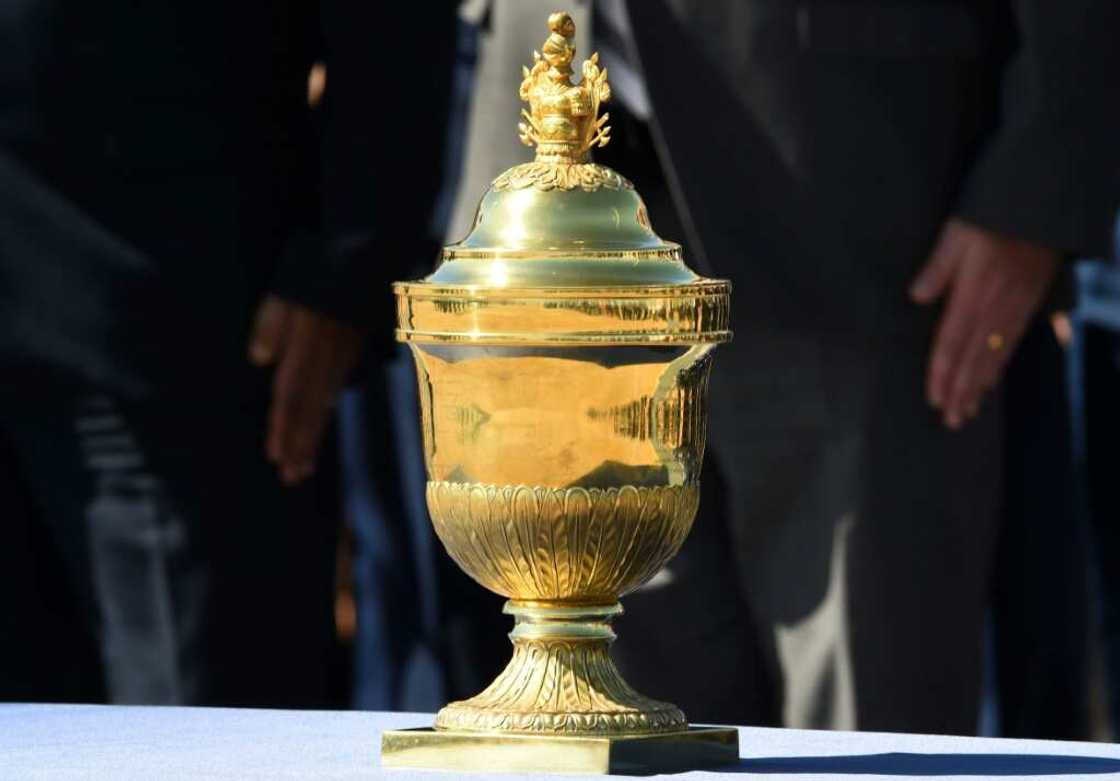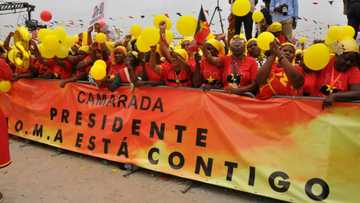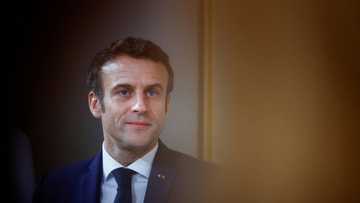Emperor Pedro I's heart returns to Brazil for 'state visit'

Source: AFP
PAY ATTENTION: Click “See First” under the “Following” tab to see Legit.ng News on your Facebook News Feed!
Nearly two centuries after it was cut from his corpse and stashed in formaldehyde, the heart of Emperor Pedro I, who declared Brazil's independence from Portugal, returned Monday for politically charged commemorations of the South American nation's 200th birthday.
Dom Pedro, a beloved figure in both Brazilian and Portuguese history, has been divided between the two countries in death -- his heart enshrined in a church in Porto, Portugal, and the rest of his remains in an independence monument in Sao Paulo, Brazil.
But after Porto city officials agreed to return the heart on loan, it arrived back in Brazil for the country's bicentennial independence celebrations on September 7.
The heart, which is kept in a glass jar in a golden urn, arrived with all the pomp and circumstance of a state visit.
"It will be treated as if Dom Pedro I were alive and with us... just as if it were a state visit by a foreign leader," said Alan Coelho, chief of ceremonial protocol at the Brazilian foreign ministry.
Dom Pedro fled to Brazil with his family as a nine-year-old boy when Napoleon's army invaded Portugal in 1807.
PAY ATTENTION: Share your outstanding story with our editors! Please reach us through info@corp.legit.ng!
He stayed behind to rule the then-colony as regent when his father, King Joao VI, returned home to the increasingly restless metropole in 1821.
Facing pressure to rein in the political autonomy the colony had enjoyed, Pedro I instead declared it an independent country on September 7, 1822.
Known in Portugal as Pedro IV, he abdicated in 1831 and led an army into Porto in support of constitutionalists fighting to block his younger brother from usurping the throne and returning the country to absolute monarchy.
After his death of tuberculosis in 1834, he was celebrated in both Brazil and Portugal as a champion of liberal causes and representative rule.
The heart has a busy agenda for its visit.
President Jair Bolsonaro will hold an official ceremony for it Tuesday with military honors.
The far-right leader, who is campaigning for reelection in October, has faced accusations of fanning the flames of nationalism with his independence day plans.
The nine-kilogram (20-pound) urn will then go on display for 17 days at the foreign ministry headquarters, Itamaraty Palace, before returning to Portugal.
Source: AFP




